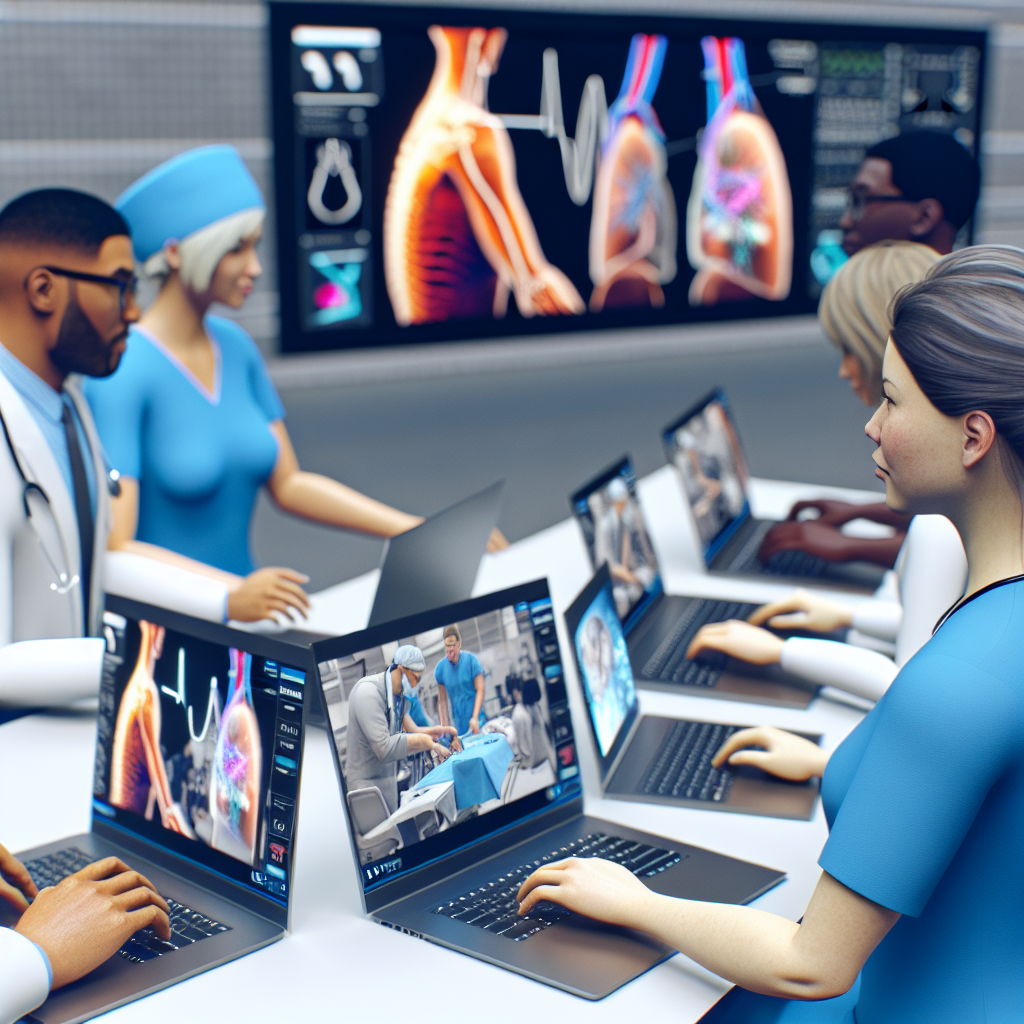Healthcare eLearning has emerged as a transformative approach to medical education, enhancing training and development opportunities for healthcare professionals. This article delves into the significance of eLearning in the healthcare sector, exploring its benefits, features, and the future of educational technology in this field.
The Importance of eLearning in Healthcare
With the rapid advancements in medical knowledge and technology, traditional educational methods are struggling to keep pace. eLearning in healthcare addresses this gap by providing a flexible and accessible platform for professionals to enhance their skills and knowledge.
One of the primary advantages of eLearning is its ability to deliver up-to-date information and training. Healthcare providers must stay informed about new procedures, regulations, and technologies. Online courses and modules facilitate continuous learning, which is crucial in an ever-evolving field.
Additionally, eLearning allows for personalized educational experiences, accommodating the unique learning styles and schedules of busy healthcare professionals. Through interactive simulations, videos, and self-paced modules, learners can dive deep into topics at their convenience, reinforcing their understanding and retention of critical information.
Benefits of Incorporating eLearning in Healthcare Training
Integrating eLearning into healthcare training offers numerous benefits that enhance the overall learning experience. For instance, the flexibility of online courses allows institutions to train more staff simultaneously, promoting comprehensive knowledge across teams.
Moreover, eLearning can significantly cut training costs. Traditional face-to-face training often entails expenses such as travel and accommodation. In contrast, eLearning minimizes these costs by providing remote access to high-quality educational materials.
Another compelling advantage lies in the ability to track and assess progress effectively. Many eLearning platforms incorporate analytics tools that allow educators and administrators to monitor learner performance and engagement. This capability enables tailored support and feedback, ultimately leading to improved outcomes for healthcare providers and their patients.
In conclusion, the rise of healthcare eLearning represents a significant evolution in professional training and education. By offering flexibility, cost-effectiveness, and personalized learning opportunities, eLearning equips healthcare professionals with the necessary tools to excel in their roles. As technology continues to advance, so too will the potential of eLearning, paving the way for enhanced patient care and improved healthcare systems overall.
